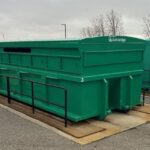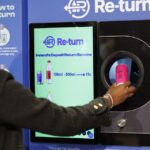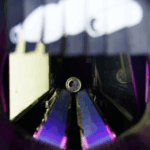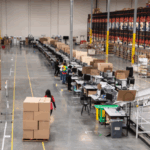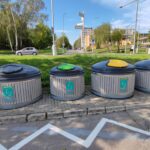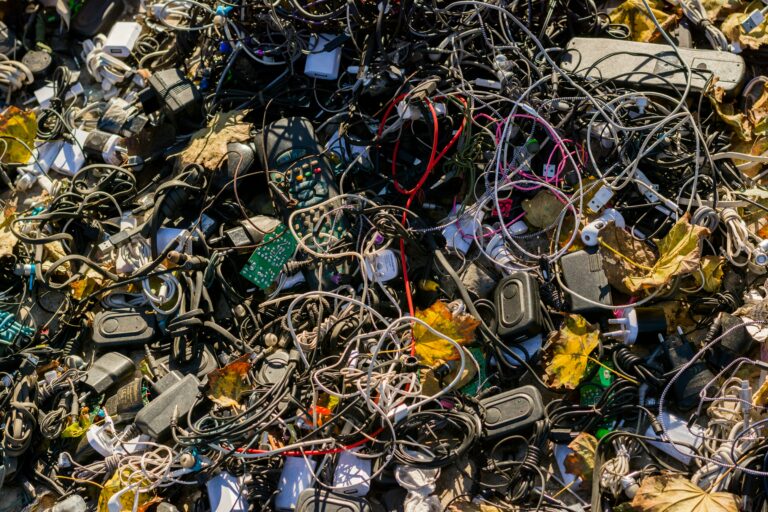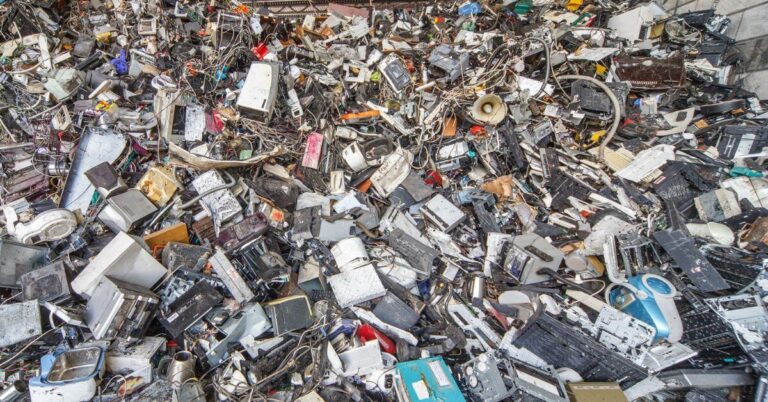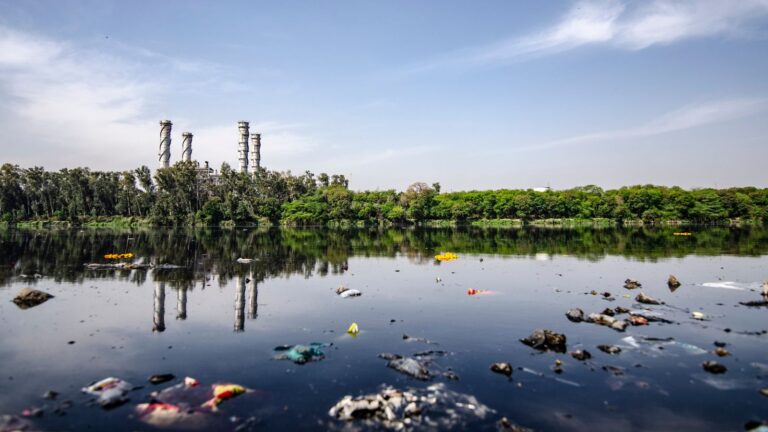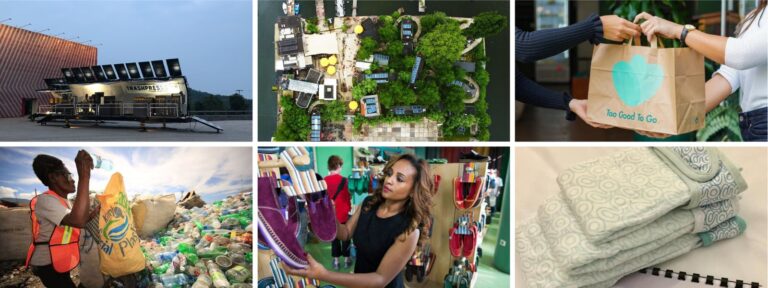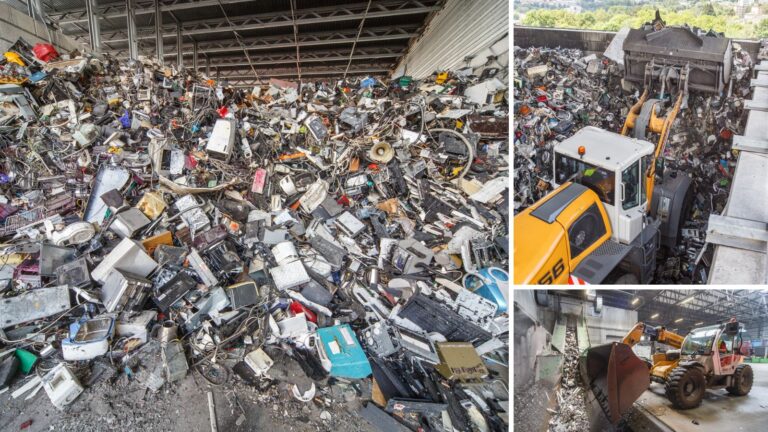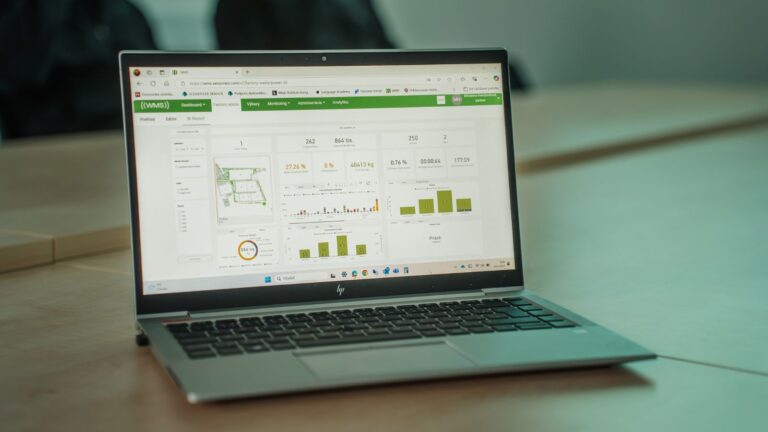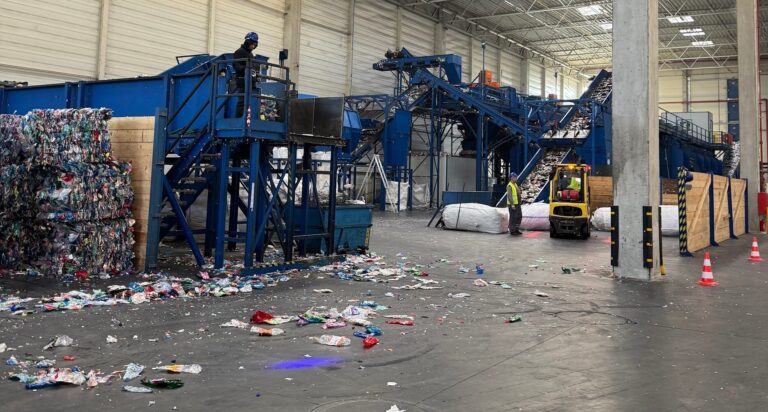Waste library
A curated collection of articles, research, and insights from around the world focused on waste management and the circular economy

Insights into e-waste: history, current data, statistics, and the environmental impact of WEEE
Environment
How to recycle e-waste?
How to recycle?
5 Biggest organized waste crimes worldwide
Environment
6 Best Circular Economy projects and initiatives worldwide
Environment
Top 5 Challenges in e-waste collection and how to overcome them
Waste Collection
The role of big data in optimizing industrial waste management
Industrial Waste
Industrial waste management trends to watch in 2025
Industrial Waste
From consumption to recycling: 7 stages of a beverage container
Deposit Return System
Recommended
2025
Global Waste Index
The Global Waste Index by Sensoneo is a comparative analysis of per capita waste management across the 38 countries within the OECD.
Overview of Deposit Return Schemes in Europe
Current status of DRS in European countries, along with the collection rates of plastic beverage packagings.
American Waste Management Horror Story
Comparison of solid waste generation in the USA across states
Smart Waste Newsletter
Get monthly updates from our company and the world of waste!


